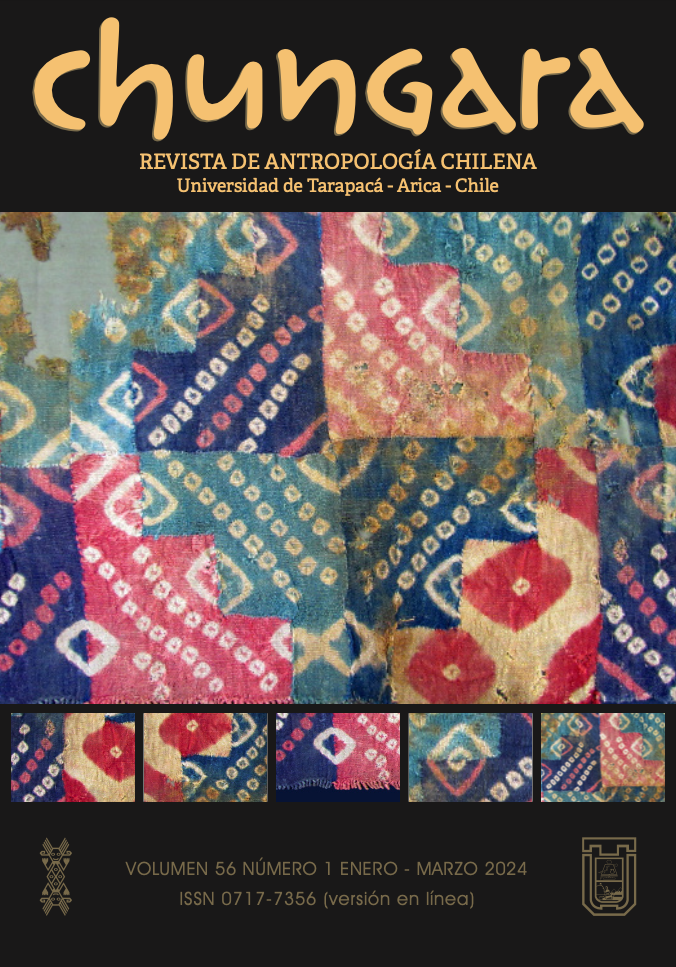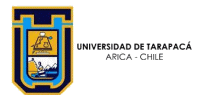20185002(en)/09 - From Documentary Record to Colonial Territory: Discourses, Practices and Power Relations in Titicaca Lake (1570-1630)
FROM DOCUMENTARY RECORD TO COLONIAL TERRITORY: DISCOURSES, PRACTICES AND POWER RELATIONS IN TITICACA LAKE (1570-1630)
DEL REGISTRO DOCUMENTAL AL TERRITORIO COLONIAL: DISCURSOS, PRÁCTICAS Y RELACIONES DE PODER EN EL LAGO TITICACA (1570-1630)
Ariel J. Morrone
After the reorganization of colonial rule in Peru during the government of viceroy don Francisco de Toledo (1569-1581), ethnic groups in the highlands around Lake Titicaca went through a serius of changes in demographic patterns, territorial organization, socio-productive profile and political structure. The delimitation of new administrative jurisdictions (corregimiento, pueblo de reducción, doctrina) and the modification in access to resources hit squarely in the reproductive conditions of lacustrine groups, whose authorities turned on many occasions to colonial authorities to resolve conflicts over the possession of their lands (some of them “ancestral”, more recent some others). In this paper we analyze the discourses performed, the representations constructed and the practices articulated both by caciques (ethnic leaders) and Hispanic authorities over the spaces in dispute, between the late sixteenth century and early seventeenth century. By focusing on the corregimientos of Paucarcolla, Omasuyosand Pacajes (dependent on the city of La Paz, Audiencia de Charcas), we propose to reconstruct the ways in which the interests and intentions of these authorities conditioned the perceptions over the lacustrine space.
Tags: Territory, ethnic leadership, local power, discourse







